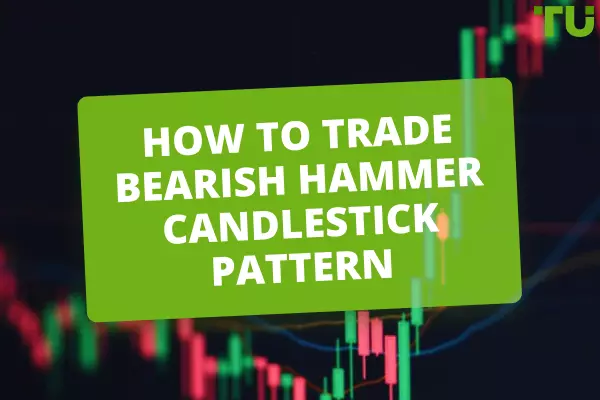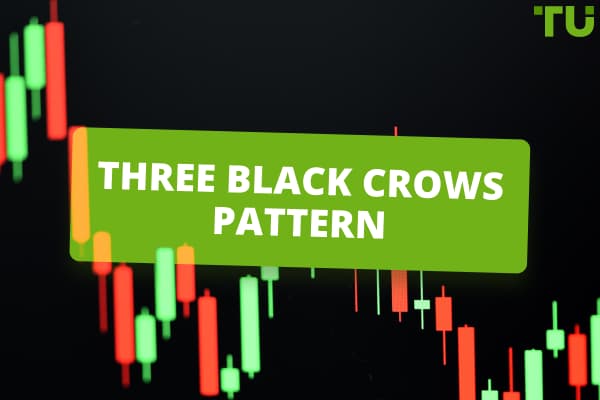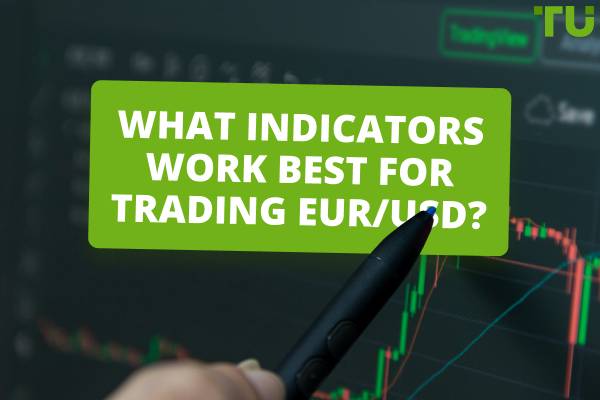How Do You Deposit Money Into a Trading Account?
To replenish your trading account with a broker, you usually need to:
log in to the brokerage cabinet
find the interface for replenishing the account
choose a bank card, enter the details
confirm the payment
People transfer money into brokerage accounts to invest in stocks, bonds, and other financial assets, aiming for wealth growth, income generation, and financial goals. Different brokerage platforms offer various features and fee structures, so research and choose one that aligns with your needs.
To transfer money into a brokerage account, you need to open an account, provide identification and personal information, fund it through bank transfer or check, and go ahead with investment decisions.
This article guides you on depositing funds into an account with a bank card.
Steps to deposit trading account using a bank card
Before you start, make sure that the card from which you want to fund your trading account belongs to you, not someone else.
To deposit funds into a trading account using a bank card, you can follow these general steps:
Login. Sign in to your trading account with the brokerage.
Access deposit options. Look for your trading platform's "Deposit" or "Fund Your Account" section.
If you are unable to find the deposit section, it's recommended to contact the broker support.
Select bank card. Select the option for depositing funds via a bank card.
Enter card details. Provide the required information from your bank card, including the card number, expiration date, and CVV code.
Enter deposit amount. Specify the amount you want to deposit into your trading account.
Review and confirm. Review all the details to ensure accuracy. Confirm the deposit request.
Verify security. You may be asked for additional security information, like a one-time password sent to your registered email or phone.
Confirmation. You will receive a deposit confirmation once the transaction is approved.
Wait for processing. Depending on the brokerage, the funds might take some time to be processed and reflected in your trading account.
Start trading. With the funds in your trading account, you can start trading on stocks, currencies or other financial securities.
These are general steps, and the exact ones might, and the user interface may vary depending on the brokerage and trading platform you use.
How much does it cost to deposit a brokerage account?
The cost of depositing funds into a brokerage account with a bank card can vary depending on the brokerage and card issuer. Common fees and considerations include:
Deposit fees. However, in most cases, brokers do not charge fees for deposits, but expenses may occur on the bank or payment system side. Deposit fees in various payment systems can vary from 0 to 3-4% of the deposit amount.
Currency conversion fees. Currency conversion fees may apply if the account and card use different currencies. Currency conversion fees typically depend on the currency pair being converted; for example, converting euros to dollars usually incurs a small fee ranging from 0.1% to 1%. However, if converting a minor currency, expenses may exceed 1%.
Card issuer fees. Your bank or credit card provider may charge fees for international transactions or cash advances. Typically it can cost up to 3%.
Possible problems when making a deposit, how to solve them
Possible problems when depositing to a brokerage account and potential solutions:
Payment rejection. If your bank card payment is rejected, check that you have sufficient funds, the card is not expired, and there are no restrictions on international transactions.
If problems persist, contact your card issuer or brokerage for assistance.
Currency mismatch. If your card's currency differs from your brokerage account, you should convert currency with your bank or brokerage to avoid exchange rate issues.
Deposit limits. Some brokerages impose deposit limits. To increase limits, verify your identity or contact customer support.
Security concerns. Ensure you use a secure and trusted brokerage platform to prevent unauthorized access. Use strong passwords to bring high security and enable two-factor authentication for added security.
Transaction fees. Be aware of any deposit fees your card issuer or brokerage charges.
Always keep records of your deposit transactions, and if you encounter persistent issues, reach out to your brokerage's customer support for help.
There could be various risks with depositing funds in a brokerage account with a bank card.
Coping with the risk in a brokerage account requires prudent investment decisions, diversification, ongoing monitoring, and staying updated about the financial markets.
Best Forex brokers


FAQs
Can I fund my account through someone else's card?
Generally, you cannot fund your account with someone else's card. Most brokerages require deposits from the account holder's card to prevent fraud.
How long does it take to credit funds to a trading account from a bank card?
Crediting funds to a trading account from a bank card usually takes a few minutes to a few hours, but it can vary based on the brokerage's processing time.
Why do I need to deposit funds into my trading account?
You have to deposit money into your trading account to have capital available for trading and investing in various financial instruments.
Can I have multiple brokerage accounts?
Yes, you can have multiple brokerage accounts with different firms, that enables you to diversify investments, access various features, or separate other financial goals.
Glossary for novice traders
-
1
Diversification
Diversification is an investment strategy that involves spreading investments across different asset classes, industries, and geographic regions to reduce overall risk.
-
2
Index
Index in trading is the measure of the performance of a group of stocks, which can include the assets and securities in it.
-
3
Forex Trading
Forex trading, short for foreign exchange trading, is the practice of buying and selling currencies in the global foreign exchange market with the aim of profiting from fluctuations in exchange rates. Traders speculate on whether one currency will rise or fall in value relative to another currency and make trading decisions accordingly. However, beware that trading carries risks, and you can lose your whole capital.
-
4
Cryptocurrency
Cryptocurrency is a type of digital or virtual currency that relies on cryptography for security. Unlike traditional currencies issued by governments (fiat currencies), cryptocurrencies operate on decentralized networks, typically based on blockchain technology.
-
5
BaFin
BaFin is the Federal Financial Supervisory Authority of Germany. Along with the German Federal Bank and the Ministry of Finance, this government regulator ensures that licensees abide by eurozone laws.
Team that worked on the article
Upendra Goswami is a full-time digital content creator, marketer, and active investor. As a creator, he loves writing about online trading, blockchain, cryptocurrency, and stock trading.
Dr. BJ Johnson is a PhD in English Language and an editor with over 15 years of experience. He earned his degree in English Language in the U.S and the UK. In 2020, Dr. Johnson joined the Traders Union team. Since then, he has created over 100 exclusive articles and edited over 300 articles of other authors.
Mirjan Hipolito is a journalist and news editor at Traders Union. She is an expert crypto writer with five years of experience in the financial markets. Her specialties are daily market news, price predictions, and Initial Coin Offerings (ICO).











